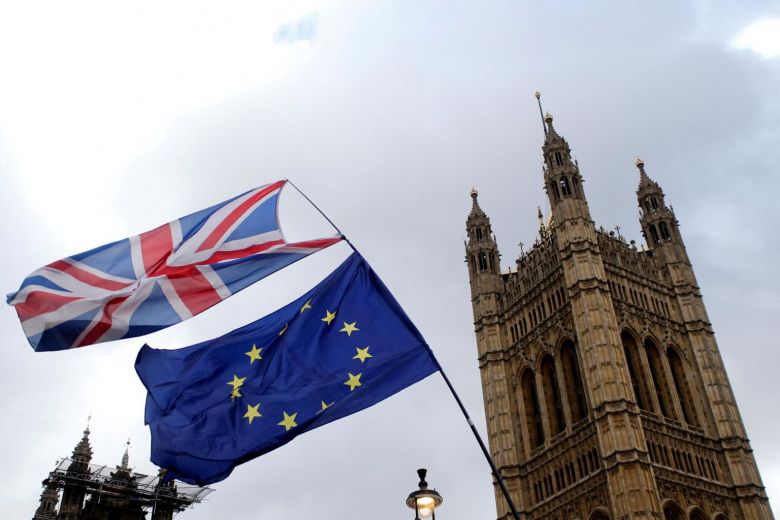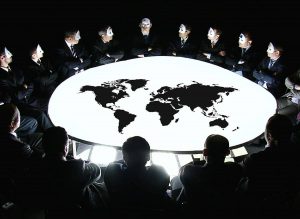The British Conservative Government’s Political Elite, and Post WWII Co-operation with Europe: Crisis of Confidence in British Politics, and the 2016 Referendum on Disrupting the Status quo!

The British Conservative Government’s Political Elite, and
Post WWII Co-operation with Europe:
Crisis of Confidence in British Politics, and
the 2016 Referendum on Disrupting the Status quo!
British Application to Join the European Economic Community
Harold MacMillan, the Conservative Prime Minister like his predecessors Churchill and Eden, (all Conservative PMs) had the view that “we are with Europe, but not of it. We are linked, but not compromised. We are interested and associated, but not absorbed…. We belong to no single continent, but to all.”1 Nevertheless, as was, in particular, Churchill, so was MacMillan in favour of the creation of a Europe, a federal system. This was, in fact, Churchill’s ultimate objective. First was partnership and alliance with the United States, second, evolution of the Modern Commonwealth, and finally, close co-operation with Europe. The present EU was a Conservative idea. Having achieved the first and second objectives, MacMillan now wanted to tackle the third, in practice by 1960, the issue of joining the E.E.C.. However, by 1960, MacMillan could also see major economic reasons for Britain joining the European Economic Community, now the EU. MacMillan had the support of the banking circles and industry in Britain for his move, on the grounds that the E.E.C. would provide Britain’s industry with two things which it badly needed: a larger home market, and the stiff competition which would force it to improve efficiency. More support came from the ‘quality’ papers, such as the Telegraph and the Times, and the public in general. Despite this general public support for Britain’s plan to enter the E.E.C., the decision for this policy had not been originated in Parliament, in the press, or in public opinion, but in the Treasury, the boardrooms of big business and the Foreign Office. The Americans, who had always encouraged Britain to become more involved in the affairs of Europe, were pleased with MacMillan’s decision to join the E.E.C… now E.U. British friendship with the U.S. would result in more American influence in European affairs.
For Britain, on the other hand, it would have been a first step of the Churchillian policy that Europe should be united, with Britain, through her political and diplomatic skill, as the leading nation of a Western European union; although, there were economic advantages too by that time. Nevertheless, the main implication would have been political. This is no more than what the leaders of all the British political parties admit when they say that “they accept the political as well as the economic objectives of the Treaty of Rome.”2 America wanted Britain to join the E.E.C. now EU, so that Washington’s influence in Europe would become stronger, as a result of the ‘special-relationship’ with Britain. The U.S. and U.K. both had interest in British entry into the E.E.C., but, as we have seen from our studies, they had conflicting ambitions. Ironically, when Kennedy met de Gaulle in Paris in 196 l, he raised the issue with de Gaulle. He tried to persuade him to ease the way for British entry. This was ironic on two accounts. First, de Gaulle was not keen on Britain entering the E.E.C. because of her ‘special relationship’ with America. Therefore, Kennedy’s persuasion only justified his opposition. Secondly, Britain wanted to join the European Economic Community not for the same reason that America wanted her to, but for her own political influence.



